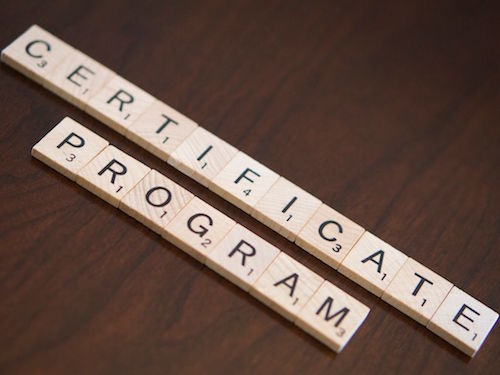August 12, 2015
Closed-Ended Questions In eLearning: What eLearning Professionals Should Know
Josef Albers, one of the most influential artistic educators of the 20th century, once said that “Good teaching is more a giving of right questions than a giving of right answers". Open-ended questions may ignite the creative spark and offer insight into a learner's thought process, but closed-ended questions offer a direct and effective way to test their comprehension. In this article, I’ll present different types of closed-ended questions and I'll shed light on how you can use closed-ended questions in eLearning by sharing 6 invaluable tips.
by Christopher Pappas











